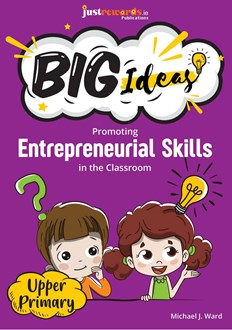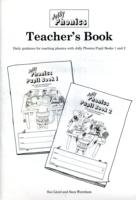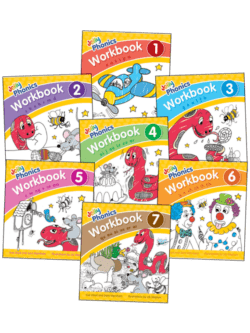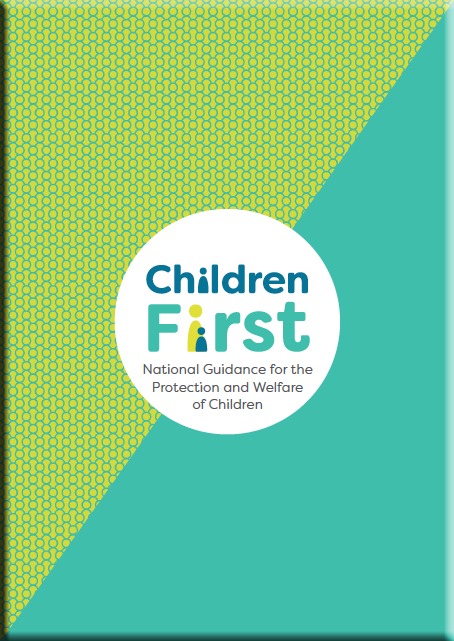Description
Entrepreneurship is all about taking risks and assessing the outcomes. Children often fear failure; if something isn’t perfect, their tendency is to want to leave the failure behind and move on. The projects in this series intentionally creates situations where trial and error will be necessary to succeed. To this end, it is important to support and promote a healthy attitude to what may be traditionally seen as failure. If something is not working, then children should be encouraged to think about what they might do to change it, or what they might do differently next time. What have they learned from the experience?
Big Ideas titles incorporate two levels – one for the lower-primary classes (senior infants to 2nd Class) and one for upper primary (3rd to 6th Class). Each level comprises a Teacher book with an accompanying set of Learning Journals for pupils, which are available individually or in value packs of 15.
The project outlined in these books are designed to offer practical opportunities for children to foster the following skills:
- Teamwork – working effectively with others while exercising dignity and respect
- Communication – sharing ideas and listening to those of others
- Creativity – using the imagination to invent and makes ideas a reality
- Problem-solving – understanding a problem and exploring solutions
- Critical thinking – analysing information, making predictions and forming plans
- Adaptability – adjusting to new challenges and learning from experience
Teacher’s book
Each teacher’s book focuses on a core project to promote the development of a fundamental skill. This core project is carried out over seven sessions, which are structured to provide a practical and child-centred approach to the learning.
Each session is divided into the following:
· Explore: children are encouraged to use a variety of research methods to find out a range of information that will provide the stimulus for their Create activity.
· Create: during the Create activities, children communicate their learning from the Explore session by demonstrating their understanding through practical work.
· Support/Extend: differentiation advice is provided for how you might support less confident or more confident learners. This may include additional preliminary activities or extension activities that will give children additional opportunities to develop their learning and understanding.
· Cross-curricular links: should you wish to extend the themes of the project into other areas of the curriculum, then these practical ideas will provide detailed support on how you might plan and deliver a multi-disciplinary approach to the topic.
The book also includes alternative project ideas and support in getting started.







